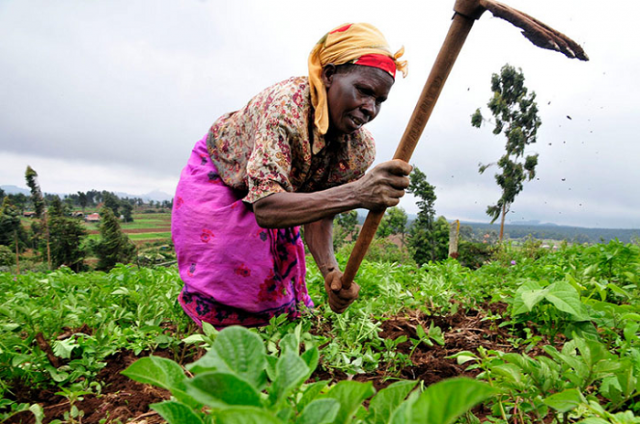
The U.S. government, via USAID, has unveiled a $3 million (more than 48 million Ghanaian cedis) aid package to support farmers affected by a severe drought and enhance healthcare services in northern Ghana.
This funding, under the Feed the Future Resilience in Northern Ghana Systems Strengthening Activity, will be allocated to chosen civil society organizations partnering with the Ministry of Food and Agriculture and the Ghana Health Service.
“This is an important step in ensuring that communities not only have access to nutritious food but also good health and social services,” said Maureen Malavé, USAID/Ghana Nutrition and Social Protection Lead, during the grant announcement in Tamale.
Breakdown
$1.7 million of the total monies are designated for smallholder farmers who have been negatively impacted by extended dry spells. More than 10,000 farmers will receive training from USAID and its partners in climate-smart agriculture, which includes dry-season cropping.
Along with advice on raising guinea fowls, roosters, and rabbits as alternate sources of income, farmers will also receive inputs to cultivate nutrient-dense crops like cowpea, yellow maize, soybean, sesame, and moringa.
The program will also facilitate the delivery of excess agricultural products to regions experiencing food scarcity. This action expands on a $1.7 million gift made by USAID through the World Food Programme to help areas who have been badly affected by the drought.
The remaining $1.3 million will be used to enhance maternity and child health services in the north as well as nutrition. In order to teach expectant parents how to sustain healthy pregnancies and avoid malnutrition, “pregnancy schools” have been established and strengthened, along with other community-based health and social protection platforms.
With more than $150 million in bilateral assistance from USAID alone in the last 12 months, the US is Ghana’s biggest development partner. These monies have been allocated to projects related to governance, agriculture, economic development, health, and education.



